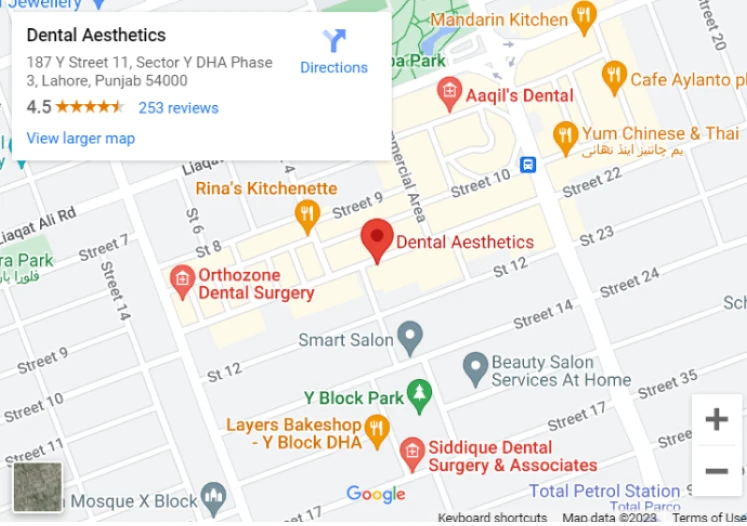Top 10 Reasons to Consider Dental Implants Today

April 30, 2025
1. Dental Implants Look and Feel Natural
Dental implants mimic the appearance and function of natural teeth better than any other restoration.
| Feature | Dental Implants | Traditional Dentures | Dental Bridges |
|---|---|---|---|
| Appearance | Highly natural | May look artificial | Moderately natural |
| Comfort | Feels like a real tooth | Can slip and cause discomfort | Fixed but may affect neighboring teeth |
| Functionality | Full chewing power | Limited chewing ability | Good chewing ability |
2. Long-Lasting and Durable Solution
Dental implants, with proper care, can last 25 years or more, often for a lifetime. In contrast, dentures and bridges usually need replacement every 5–10 years.
3. Improved Oral Health
Implants help preserve your natural teeth and maintain oral hygiene without damaging surrounding structures.
They don't require reducing adjacent teeth, unlike traditional bridges.
4. Enhanced Confidence and Self-Esteem

Gaps in your smile can be embarrassing. Dental implants allow you to:
- Speak without worry
- Smile without hesitation
- Engage socially with confidence
5. Prevents Bone Loss
Bone loss in the jaw happens naturally when teeth are missing.
Implants stimulate the bone, similar to natural tooth roots, helping to maintain bone density.
| Tooth Replacement Option | Effect on Bone Loss |
|---|---|
| Dental Implants | Prevent bone loss |
| Dentures | Accelerate bone loss |
| Bridges | No prevention of bone loss |
6. Restores Chewing and Speaking Ability
Missing teeth or ill-fitting dentures can affect your ability to chew certain foods and articulate words clearly.
Implants fully restore normal chewing strength and speaking abilities.
7. No Need to Alter Nearby Teeth
Unlike dental bridges, implants stand independently. There's no need to grind down adjacent healthy teeth, preserving your natural smile structure.
8. High Success Rate
Dental implants boast a success rate of over 95% when placed by experienced professionals under optimal conditions
| Factor | Success Rate |
|---|---|
| Healthy Patients | 95–98% |
| Smokers | 85–90% |
| Diabetics | 85–90% (with good control) |
9. Cost-Effective in the Long Run
While the initial cost of implants may be higher than other options, they are more economical over time due to their durability and minimal need for replacement.
| Cost Comparison Over 20 Years | Dental Implants | Dentures | Bridges |
|---|---|---|---|
| Initial Cost | High | Low–Medium | Medium |
| Replacement Frequency | Rare | Frequent | Occasional |
| Long-term Cost | Low | High | Medium |
10. Easy Maintenance
Dental implants are cared for just like natural teeth:
- Brushing twice daily
- Flossing
- Regular dental check-ups
No need for special cleaning solutions or adhesives!
Comparison: Dental Implants vs Other Tooth Replacement Options
Feature
Dental Implants
Dentures
Dental Bridges
Dental Implant Procedure: Step-by-Step Overview
- Consultation: Evaluation with dental imaging
- Surgical Placement: Insertion into jawbone
- Healing and Osseointegration: 3–6 months
- Abutment Attachment: Connector post fitted
- Crown Placement: Custom crown attached
Costs Associated with Dental Implants
| Item | Estimated Cost (USD) |
|---|---|
| Consultation | $100–$300 |
| Implant Placement | $500–$3000 |
| Bone Grafting (if needed) | $300–$3000 |
Common Myths About Dental Implants
| Myth | Reality |
|---|---|
| Implants are painful | Minimal pain, local anesthesia used |
| Implants are only for the elderly | Suitable for adults of all ages |
| Implants require too much care | Same care as natural teeth |
FAQs About Dental Implants
-
Are dental implants safe?
Yes, dental implants have a proven track record of being safe and highly effective.
-
Who is a candidate for dental implants?
Generally, anyone with good oral health and sufficient bone density is a good candidate.
-
How long does a dental implant procedure take?
From consultation to crown placement, the process can take 3–9 months, depending on healing.
-
Do dental implants hurt?
The surgery is performed under anesthesia, and discomfort afterward is typically mild and manageable.
-
How much do dental implants cost?
The cost varies but generally ranges between $3000–$6000 per implant, including surgery and restoration.
-
Can smokers get dental implants?
Yes, but smoking can reduce success rates, so cessation is highly recommended.
-
How long do dental implants last?
With proper care, implants can last a lifetime.
-
Is there an age limit for dental implants?
No — dental implants are successful in both younger and older adults.
-
Are there financing options for dental implants?
Many dental offices offer payment plans or third-party financing for implants.
-
What happens if my implant fails?
Although rare, failed implants can be replaced with another implant or alternate treatment.
Conclusion
Dental implants are a transformative solution for anyone suffering from tooth loss. Their unmatched natural look, durability, ability to preserve bone structure, and contribution to self-confidence make them a superior option compared to traditional dentures or bridges.
Whether you're missing one tooth or multiple, choosing dental implants can significantly improve your quality of life today — and for decades to come.
Don't wait — consult with a qualified dental professional and explore how dental implants can give you the healthy, confident smile you deserve!



